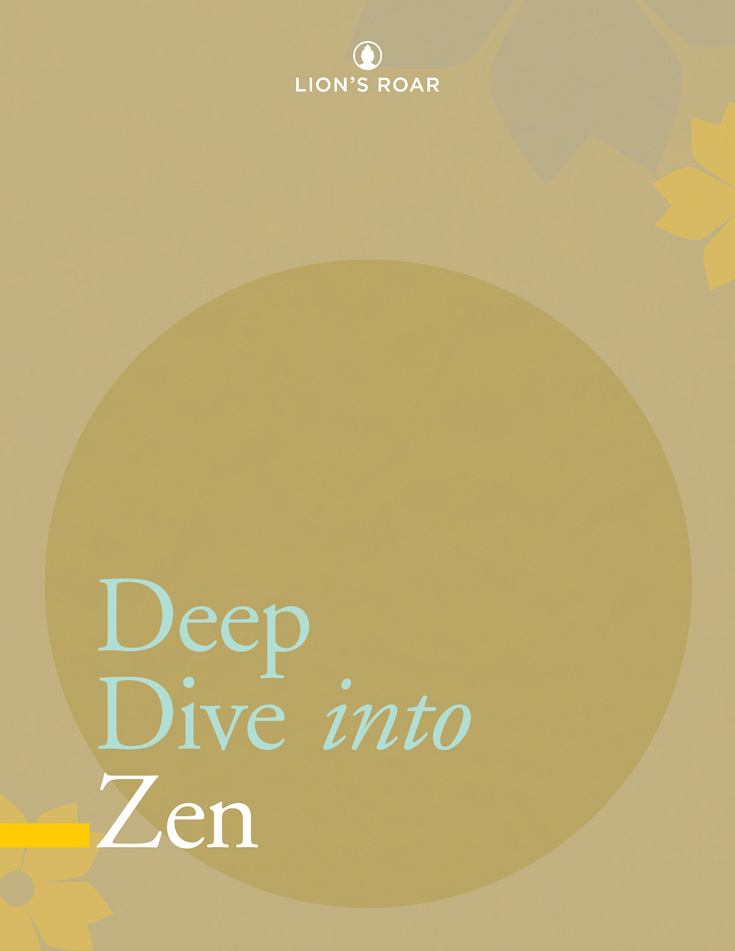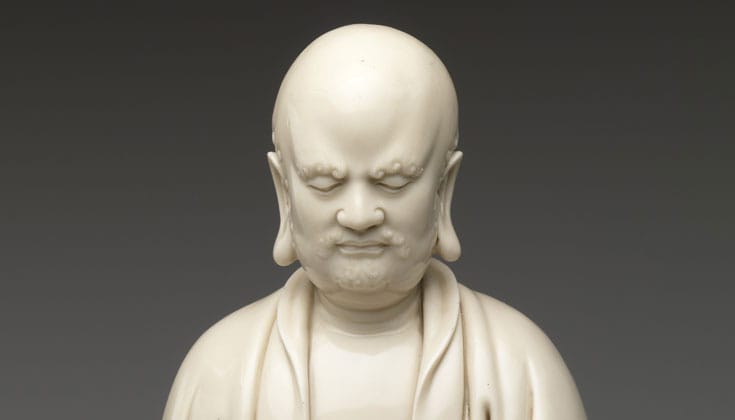Articles
You Are Already Enlightened
Guo Gu, a longtime student of the late Master Sheng Yen, presents an experiential look at the Chan practice of silent illumination.
Koans for Troubled Times
How do we as Buddhists meet the challenges of our time? Joan Sutherland says an answer lies in the teachings of two great Chan masters.
Zen Math Will Never Add Up
Nagarjuna’s four propositions tell us that something may be what it is or it may not; it may be neither or it may be both. This is Zen math.
What Is Zen Buddhism and How Do You Practice It?
Zen teacher Norman Fischer takes you through the principles and practices of the major schools of Zen. Includes specially selected articles for further reading.
In Accord with All Time
If you can know yourself as the unity of past, present, and future, says Geoffrey Shugen Arnold, then you see you’re right where you ought to be.
What If Our Ordinary Experience Is All That Matters?
Stephen Batchelor poses the classical Zen question, “What is this?” The answer, he says, is right in front of us.
Zazen Is Not Limited to the Mind
In the practice of shikantaza, or “just sitting,” says Josh Bartok, there’s a lot more going on than one might think.
Notes on Dogen’s “Being–Time”
The title of Uji, translated as “Being–Time,” essentially contains the totality of the text. Unpacking the meaning of this hyphenated word opens a vast interconnecting vista of practice. The two characters u-ji are usually translated as arutoki or “for the time being.” Dogen separates the two characters (u meaning being, and ji meaning time) and…








